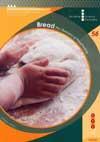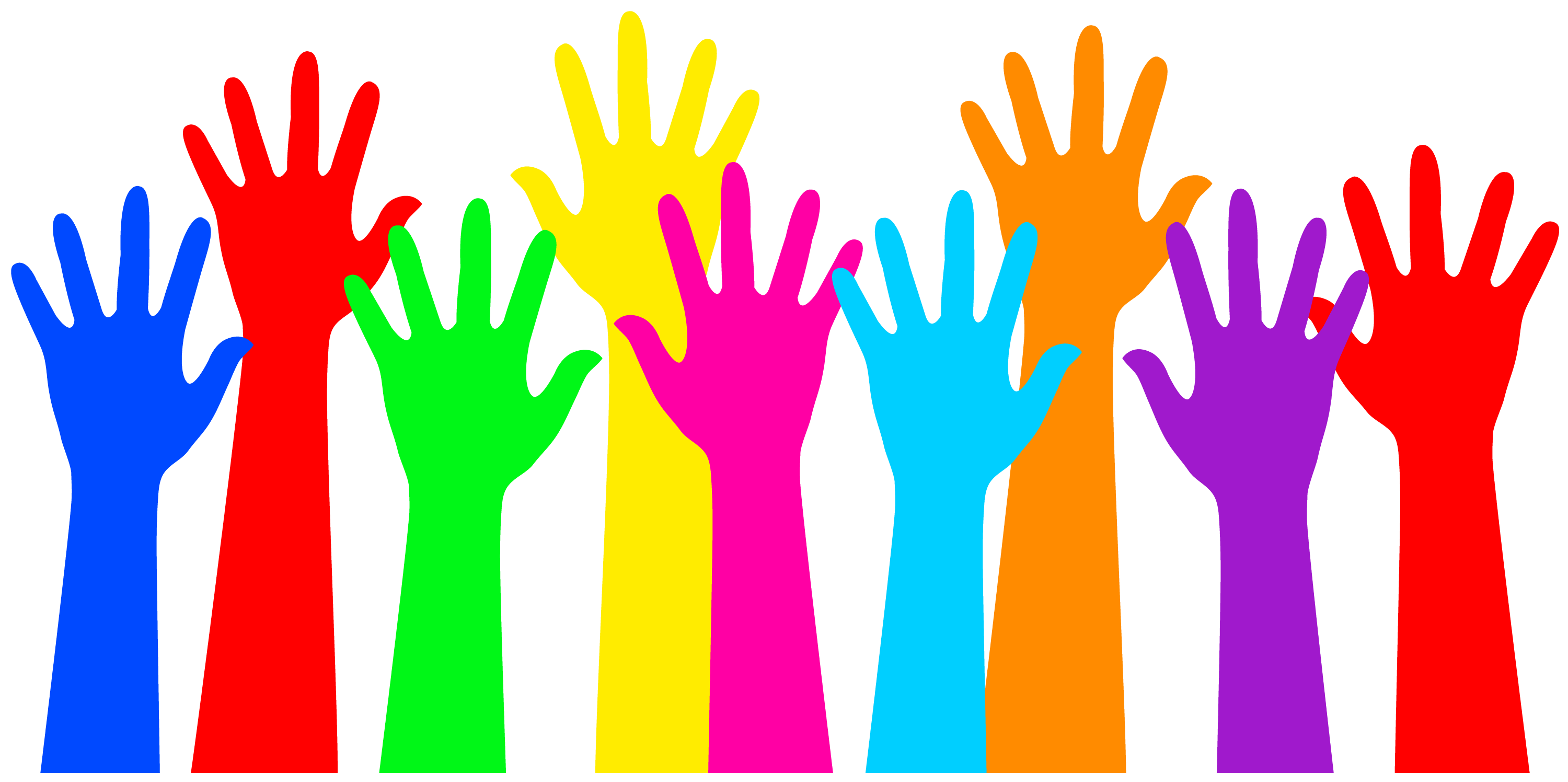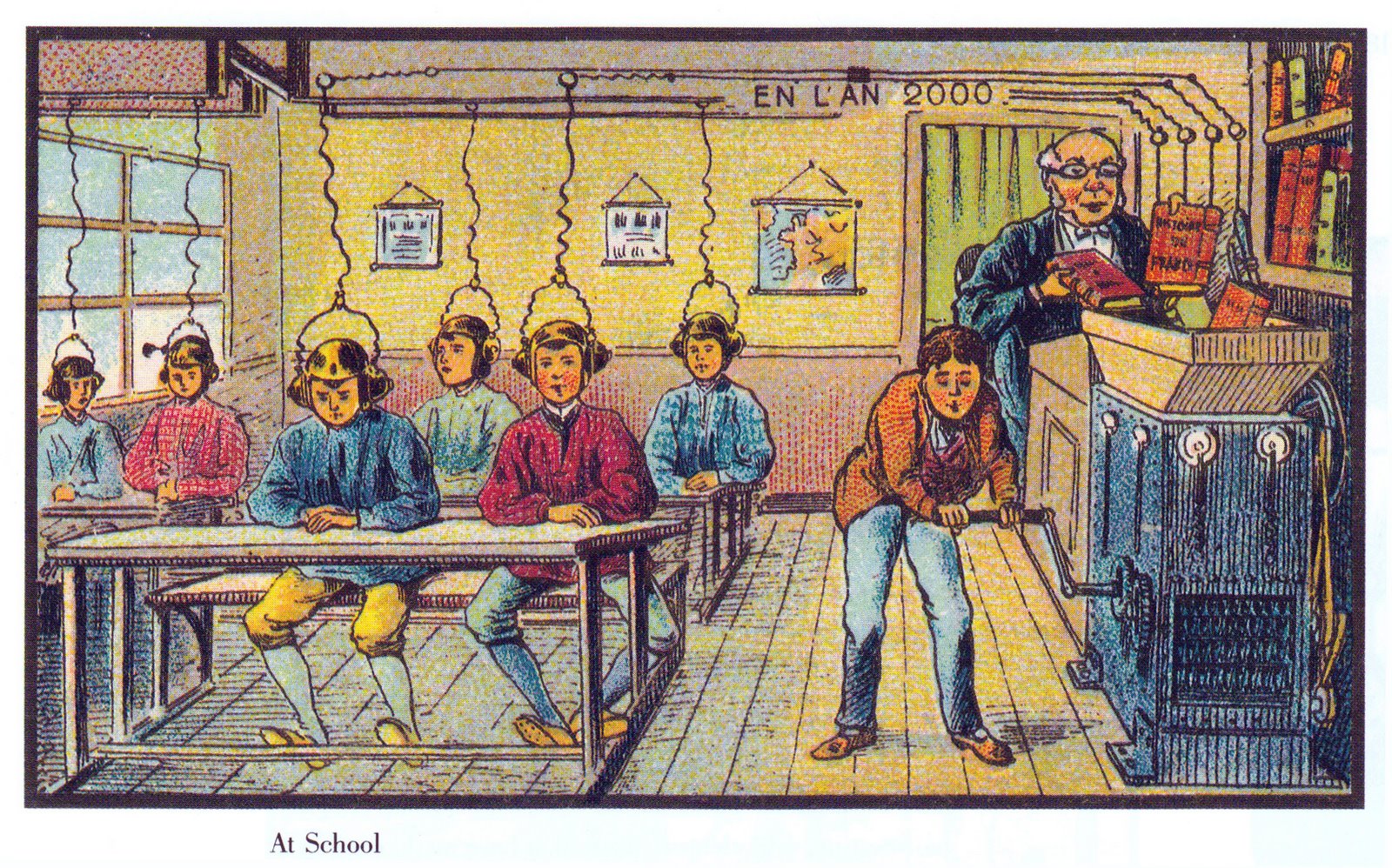We began the day by probing some of our prior knowledge about liquids, solids and gases and how things are formed by using this image from Cartoon Concepts: in science education about liquids.
In particular I wanted the children to gather the understanding that whipped cream changes it's volume and shape by the whipping process where gas is added to the liquid.
Using this diagram also enabled me to cover any misconceptions that they children had, and uncover their prior knowledge all while building their vocabulary and confidence in scientific discovery.
 Following this intro we went about making bread using Building science concepts book 56: Bread: The chemistry of bread making as a guide for my lesson planning. Refer to my gbsparker class blog post on our bread making discovery.
Following this intro we went about making bread using Building science concepts book 56: Bread: The chemistry of bread making as a guide for my lesson planning. Refer to my gbsparker class blog post on our bread making discovery. I wanted the children to explore raising agents in several ways and understand that the raising occurs by a chemical reaction between the ingredients in which carbon dioxide is developed. We used baking soda, and yeast to prove this theory in several different ways throughout each morning. More so, I needed them to understand the nature of yeast being a living organism. I found a great narrative in Yet more everyday science mysteries. Stories for inquiry-based science teaching*, which supported children in exploring this concept and determine that yeast reacts differently from baking soda; requiring time and warmth to create the chemical reaction required to develop the carbon dioxide.
As a teacher the process of planning and teaching this unit reinforced the 'teacher as learner' immensely for me. Even though I thought I knew a lot about bread making, I too learned so much during this process. I enjoyed teaching it and my learners enjoyed being a part of the discovery process.
This blogpost relates to RTC:
4.iii) initiate learning opportunities to advance personal professional knowledge and skills.
6.ii) Through planning and teaching, demonstrate knowledge and understanding of relevant content, disciplines and curriculum documents.
8.i) enable ākonga to make connections between their prior experiences and learning and their current learning activities.
9.ii) Select teaching approaches, resources, technologies and learning and assessment activities that are inclusive and effective for diverse ākonga.
*Konicek-Moran, R. (2011) Yet more everyday science mysteries. Stories for inquiry-based science teaching. NSTApress p. 93-97




